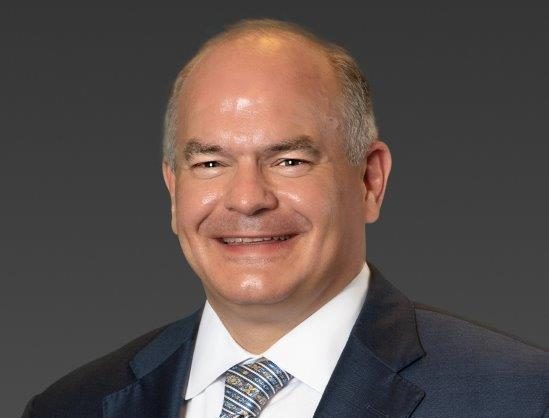While borrowing or taking a distribution from your plan are both options, Bank of America explains why you need to think about the impact on your long-term goals first.
It is not uncommon to find yourself in a situation where you need access to cash fairly quickly. That is the point at which many people consider taking money out of their employer-sponsored 401(k) plan through either a loan or distribution. But before you make the decision to withdraw, consult with your financial advisor. An advisor can take your personal situation into account and work with you to find other options.
“It is understandable that people may consider dipping into their 401(k) plan,” says Sylvie Feist, director, Retirement & Personal Wealth Solutions at Bank of America. “In some circumstances, your 401(k) plan may be your only choice for getting access to necessary cash.”
Here are some things to consider before you look at your 401(k) as a source for meeting your current needs.
A lost opportunity to grow your savings
As much as you may need the money now, by taking a distribution or borrowing from your retirement funds, you are interrupting the potential for the funds in your 401(k) plan account to grow through tax-deferred compounding — and that could make it more difficult for you to reach your retirement goals, says Feist. Taking funds out of your account might mean missing out not only on the potential growth of the money you have invested but also on any growth of that money’s earnings.
“As a general rule, dipping into your retirement funds to cover a short-term need could end up costing you more in the long run. If it is possible, I would encourage you to consider other ways to access cash that could be more beneficial to your long- and short-term financial goals,” Feist says. However, if you are considering a withdrawal from your 401(k), consider the ordinary income tax and early withdrawal additional tax implications before you remove funds from the account.
For example, if you are under 59½ and withdraw $50,000, you could owe $12,000 in ordinary income taxes and $5,000 in additional federal taxes, leaving you with just $33,000. This assumes a 24% effective federal income tax rate and that no exception to the 10% additional tax applies.
Keep in mind that the taxes noted in this example apply only to a true withdrawal. There would be no taxes imposed on funds that you borrow and pay back via a loan (unless you fail to pay it back, as noted below).
What happens if you leave your job before the loan is paid off?
Although you generally have up to five years to repay loans from your 401(k) plan, leaving your job (or losing it) before the loans are repaid may mean you have to pay the money back in full quickly. “This is called a loan offset,” explains Feist. Even though no additional money leaves the plan at this point, the amount that still needs to be repaid is considered a distribution. You may be subject to federal and state income taxes, as well as an additional 10% federal income tax if you are under the age of 59½, unless an exception applies, she adds. However, you may avoid this tax treatment by repaying or rolling over the loan offset amount to a new employer’s 401(k) plan or an IRA, as long as this is done by the federal income tax filing deadline, including extensions, for the year in which the offset occurred.
For all of these reasons, says Feist, “before you consider taking a loan or a withdrawal from your retirement savings, make sure you have explored other options that could meet your needs. Your retirement savings should be your last resort.” By tapping into them, you are jeopardizing your future financial security. An action to consider, if you are able, is to set aside funds for short-term needs so you have the money available – if and when you need it.
For more information, contact Merrill Lynch Wealth Management Financial Advisor Jeffery D. Price of Price & Associates at [email protected] or 817-410-4940.
(Sponsored content)



















